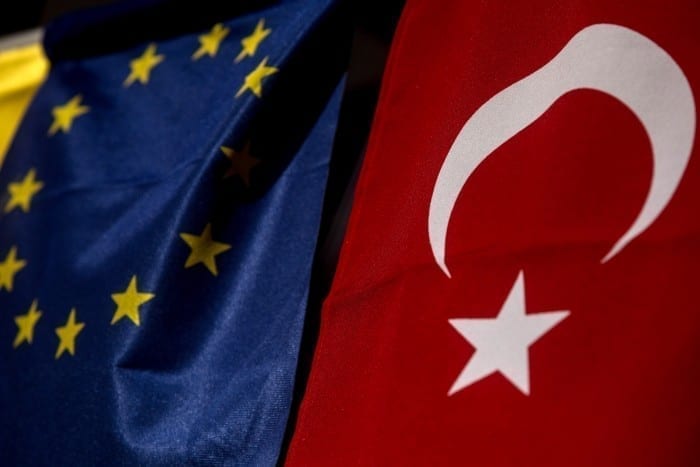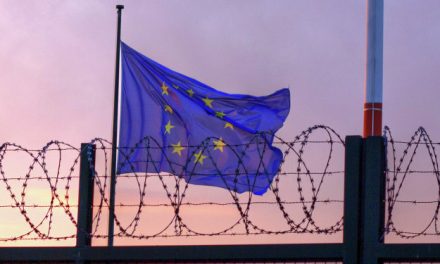By Claudia Bonamini, Policy and Advocacy Officer, Jesuit Refugee Service Europe
This week signals the so-called EU-Turkey deal’s second year of existence.
European States and EU institutions present this agreement as an achievement that dramatically, and almost magically, reduced the number of forced migrants arriving in Europe each day. Unfortunately, the true magic of the deal is that it made suffering and injustice invisible at Europe’s borders. Yet, suffering and injustice, are still there, possibly even worse than before, and thanks to the deal, policymakers have a justification not to act.
The EU-Turkey statement, adopted by EU Member States and Turkey on 18 March 2016, is the agreement according to which Turkey committed to readmit all irregular migrants reaching the Greek islands from Turkish shores. In turn, European states committed to resettle one Syrian refugee from Turkey for each Syrian person returned from Greece. Much has been said about the lack of legality of this agreement, which defies the legal notions of the prohibition of collective removals and border push-backs. Arrivals to the Greek islands decreased sharply. Less people lost their lives trying to cross (as less people departed). Emergency solved. Legal or not, the end justifies the means. European and national policymakers started looking into how to replicate this kind of agreement elsewhere. Italy signed a memorandum of cooperation with Libya. Recently, Spain called for a EU-Morocco deal.
The fact that after only two years policymakers seem unable to think about a reality without an EU-Turkey deal is extremely worrying on many levels. First, it feeds into the externalisation of responsibilities for protecting forced migrants. Under the pretext of saving people from drowning, we cooperate with countries that have extremely worrying human rights records so that people cannot escape to Europe. Abuses such as child labour in Turkey, slave trading in Libya, and rape and violence against women are well documented. This is the kind of hell we force people to stay in or send them back to. It seems that if we say repeatedly that we are not responsible, we really start believing it.
Secondly, the emergency is not over. Sure, arrivals have decreased. But people are still dying at the EU’s external borders. At least 446 deaths occurred in only the first two and a half months of 2018.More often than not, for those who manage to reach our shores alive, there is no warm welcome. People are still struggling to survive in dire conditions on overcrowded Greek islands. The government refuses to move them to the mainland because under the EU-Turkey agreement, Turkey only takes back people from the islands. Meanwhile, other European governments look away and remain silent, probably too afraid that if they criticise Greece for the conditions in which asylum seekers live on the islands, they will be asked to help do something by relocating some of the migrants to their own countries. At other external European borders, such as in Spain or Croatia, people are still getting cut by fences, being denied access to asylum procedures, and pushed back, all while under the indifferent gaze of media and policymakers.
Sadly, there is no magic trick in the world that will make the reality of forced displacement disappear. We can, and we should work to combat its root causes, but this will take time. In the meantime, we need to accept that people will keep coming to Europe in search of safety. We must reverse the logic of the EU-Turkey deal and work towards an asylum and migration system that welcomes and protects people instead of pushes them away. Instead of compromising with our principles of human rights, we must invest energy in creating legal pathways, such as resettlement, generous family reunification policies, and humanitarian visas. We must invest in inclusive policies and strive towards a cohesive society for the benefit of all, refugees and Europeans. Europe can be a space of hospitality for refugees. The experience of JRS in many EU countries shows that European citizens are already building a hospitable Europe. The policymakers must follow.



















